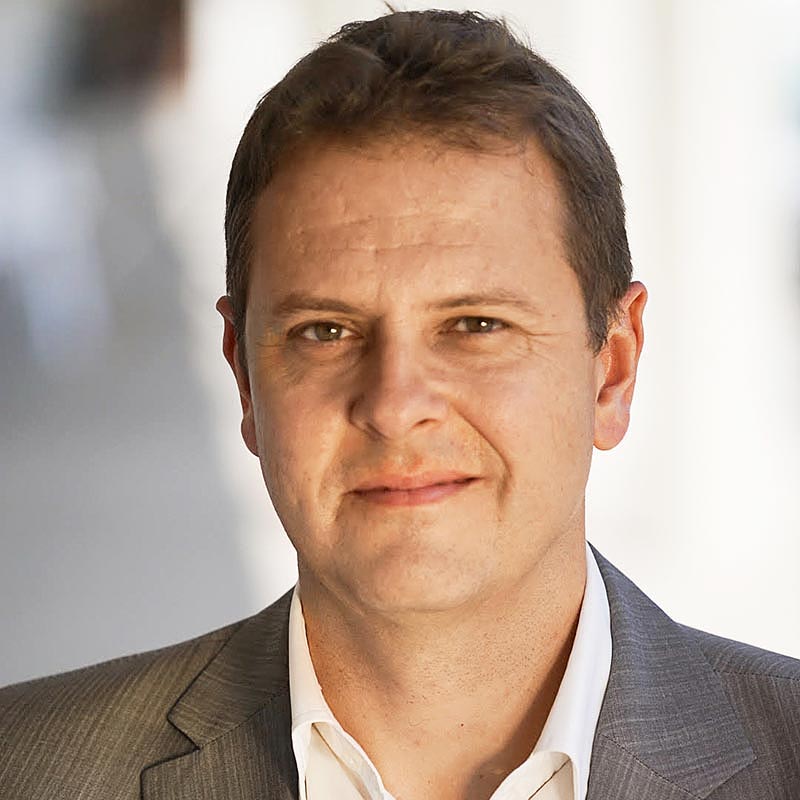Fascination conspiracy - history and effects of conspiracy theories

Michael Butter
University of Tübingen
© privat
Not Osama bin Laden was behind the 9/11 terrorist attacks, but the USA itself. Germany is not a country, but a company, and the population of Europe is being strategically islamized in the course of a “Great Replacement”. The world is ruled by extraterrestrial reptiles, and airplanes spray chemicals – as so-called chemtrails – into the troposphere to make humankind compliant.
Many people try to attribute certain events or developments to conspiracies. But what exactly is a conspiracy theory – and what is not? Why do people believe in such claims, and are there more of them today than in the past? What role does the Internet play? And what connection is there between conspiracy theories and populism? Prof. Dr. Michael Butter, Professor of American Literary and Cultural History at the University of Tübingen, spoke in his lecture about the history, causes and effects of conspiracy theories. Together with Peter Knight from the University of Manchester, he leads a research project for the comparative study of conspiracy theories, with the involvement of more than 150 scholars from 39 countries.
“Conspiracy theories have become more popular again in recent years, specifically due to the influence of the Internet and above all the social media. However, such theories are nowhere near as popular and influential as they were 100 or 200 years ago, for example,” Butter pointed out. But the Internet has made them more visible again. Butter named three characteristics to which conspiracy theories can be traced: “They assume first of all that everything has been planned, so nothing happens by chance; secondly, that nothing is as it seems, so you always have to look behind the scenes to understand the real situation; and thirdly, that everything is connected, so events that other people would not associate with each other are very closely linked.”
One conspiracy theory that is currently very widespread in Germany, he said, is that of the “Great Replacement,” according to which Europe and Germany in particular are being strategically islamized on the basis of a plan by a small international financial elite. Also very widespread in Germany is the so-called Reichsbürger conspiracy theory, which assumes that Germany never became independent after the Second World War, but is in fact a company run by the Allies to achieve some obscure purpose. The propagation of conspiracy theories is now a billion-dollar business, he said: “There are now quite a number of Internet users who produce short videos specifically for YouTube and other platforms, in which they elaborate a number of conspiracy theories and rumors.”
Asked about his favorite conspiracy theory, Butter replied, “It’s still the moon landing conspiracy theory. First of all, this is the first such theory I consciously came into contact with, in 1999. And secondly, it’s incredibly convincing at first glance.”
Dialog in the Museum
June 19, 2018
Mercedes-Benz Museum
70372 Stuttgart
Speaker:
Prof. Dr. Michael Butter
Chair of American Literary and Cultural History, University of Tübingen
